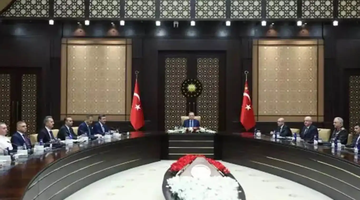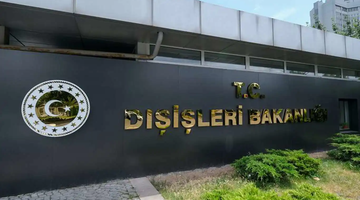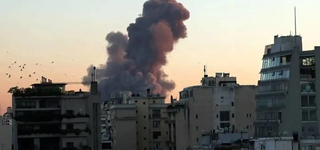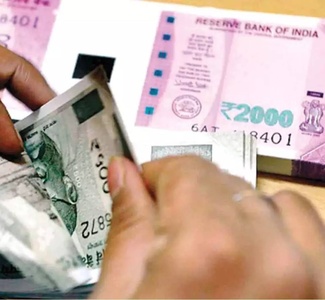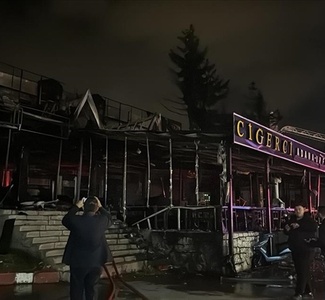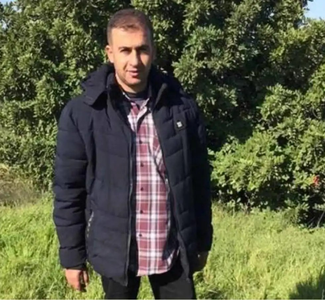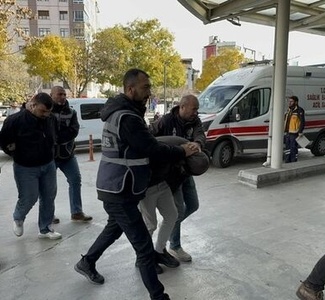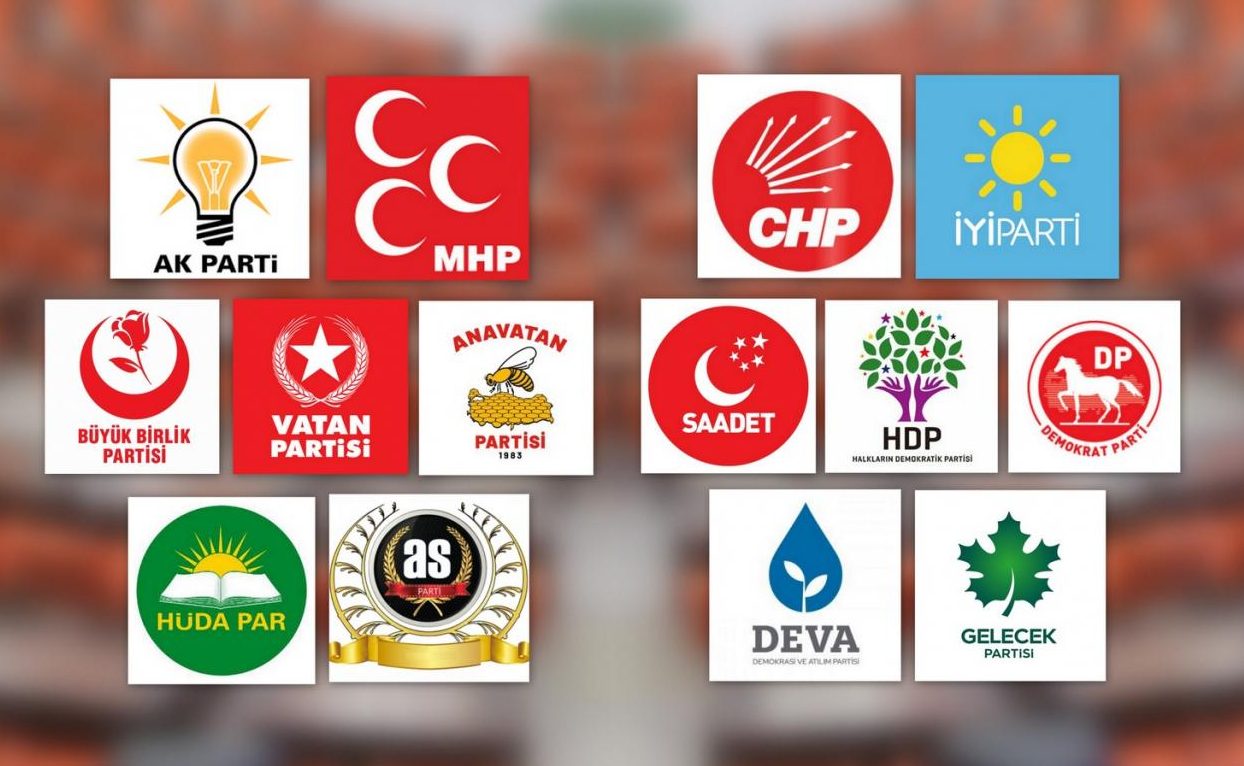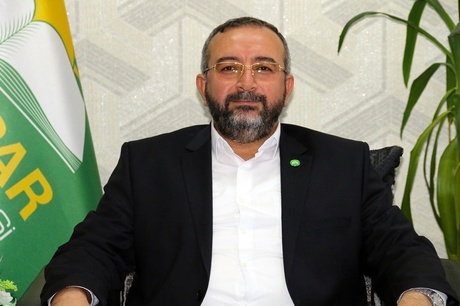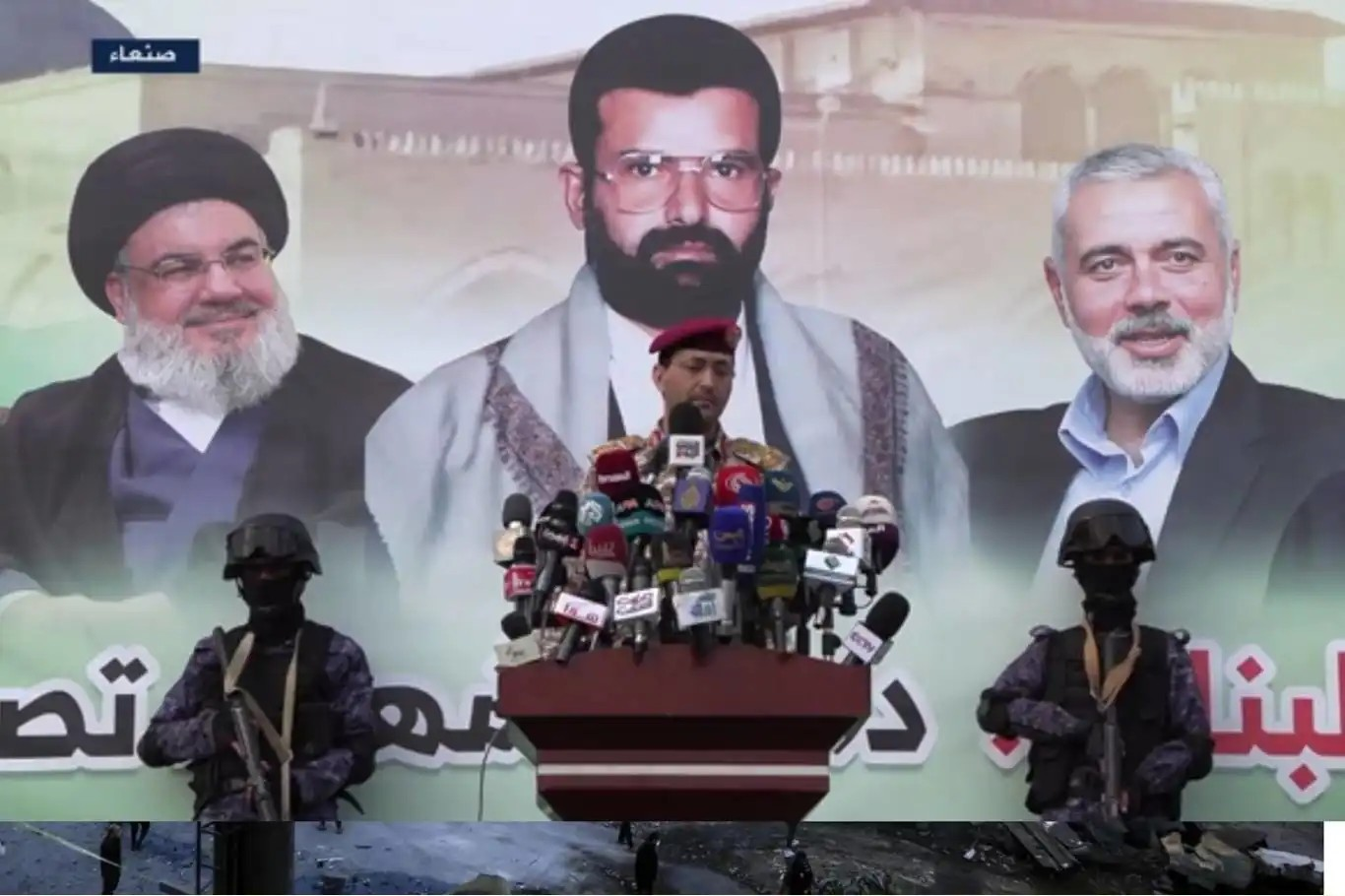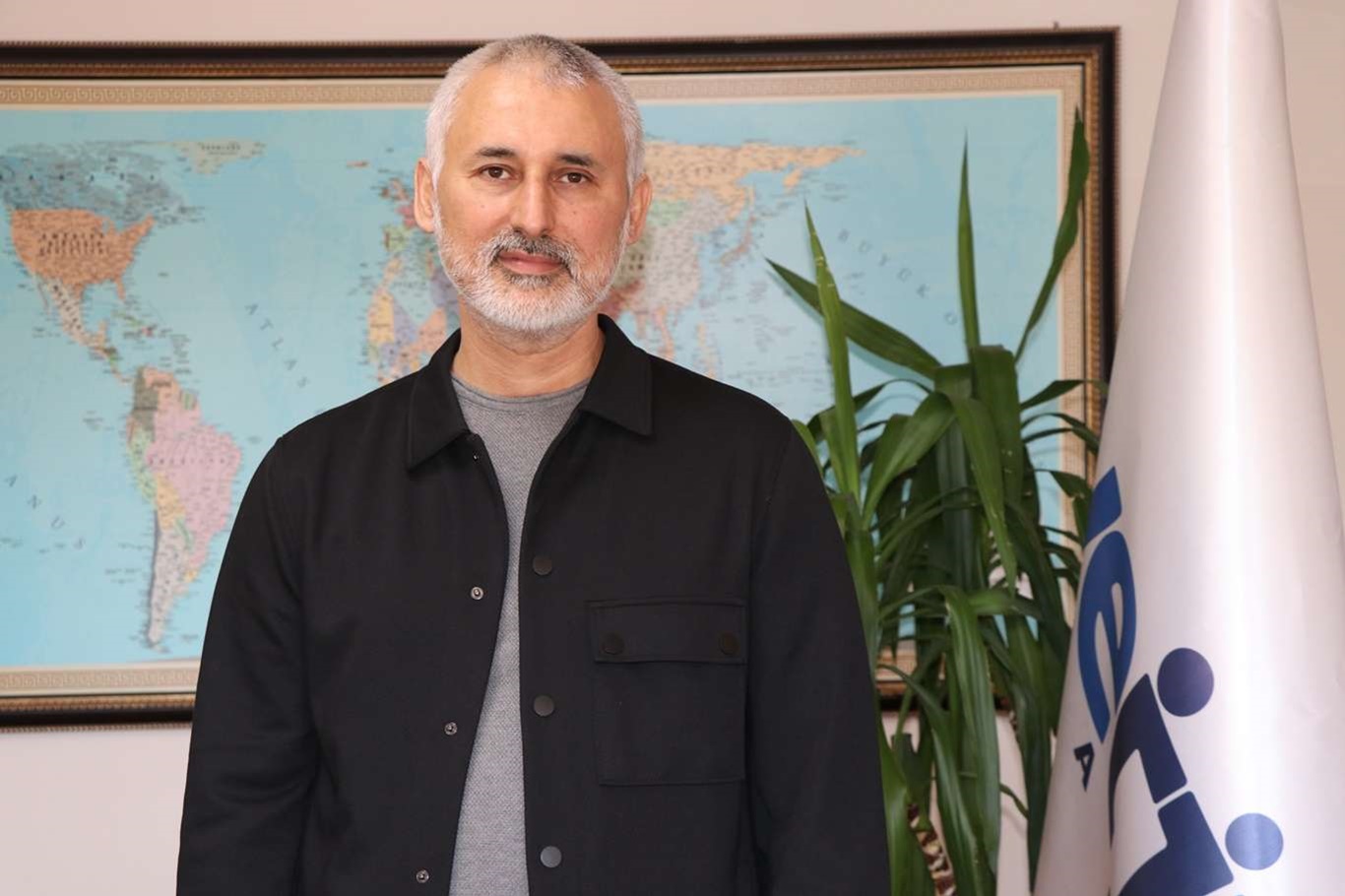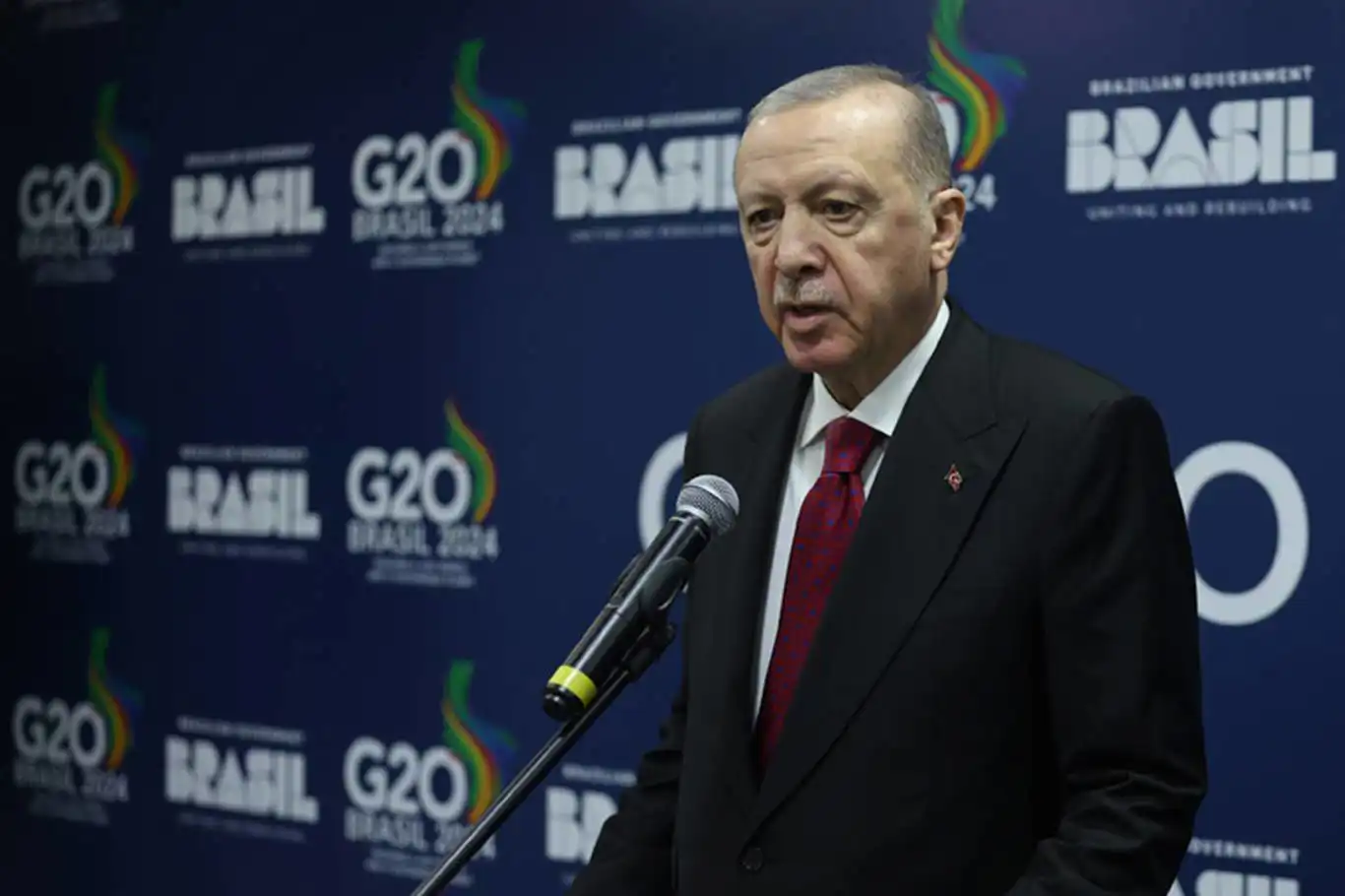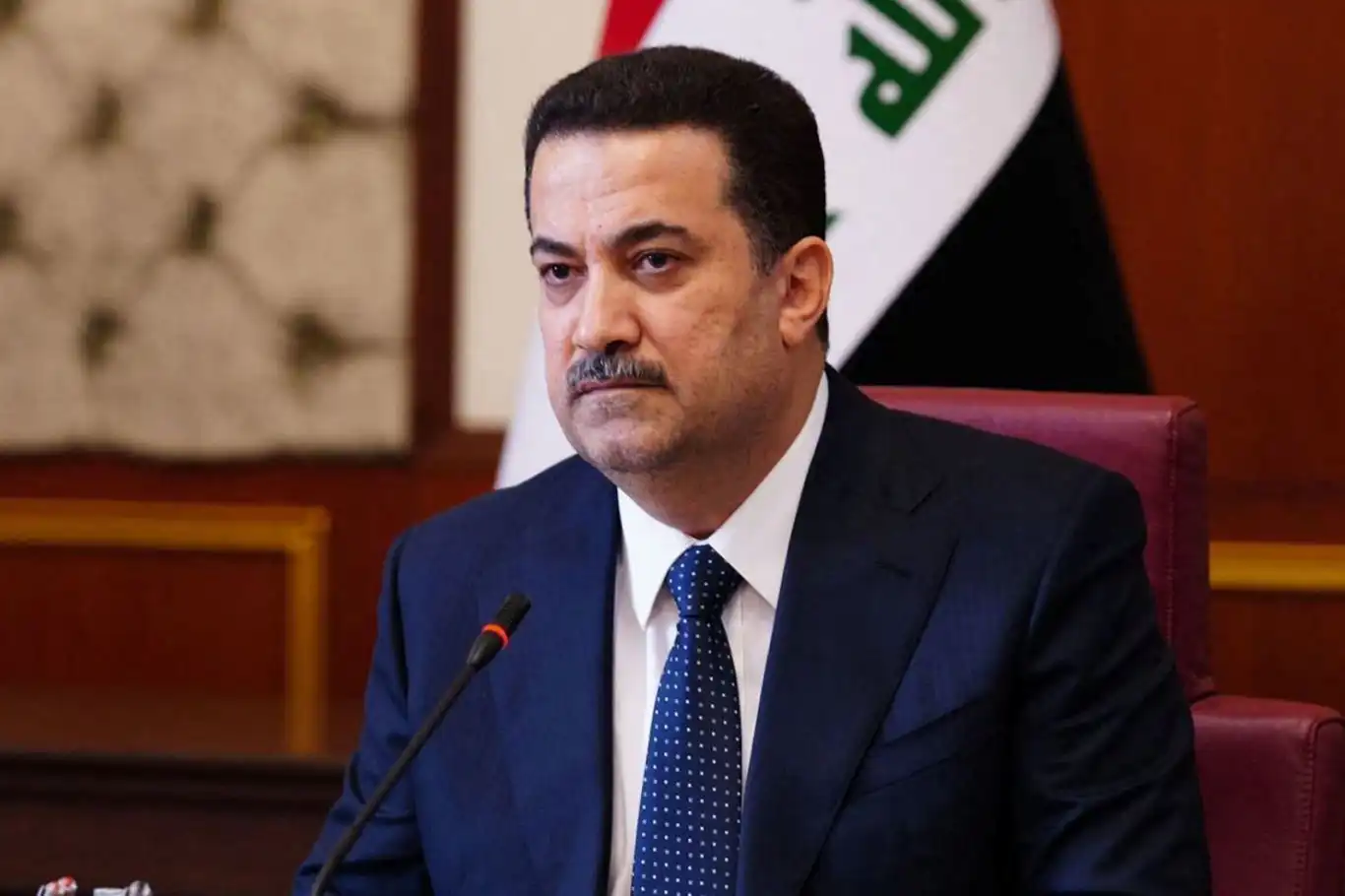Bangladesh's parliament dissolved following Hasina’s escape
Bangladesh is currently experiencing significant political turmoil following the dissolution of its parliament and the resignation of Prime Minister Sheikh Hasina.
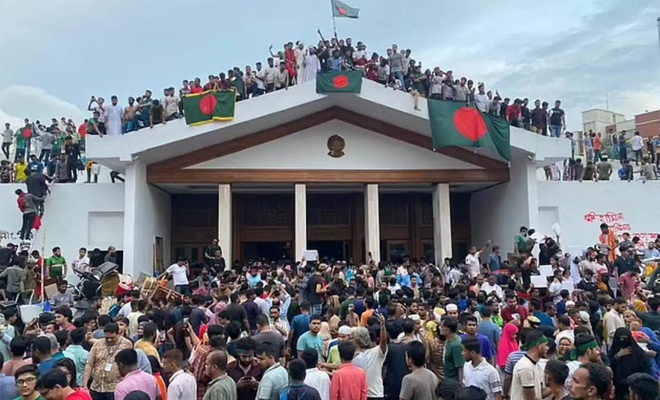
 Google News'te Doğruhaber'e abone olun.
Google News'te Doğruhaber'e abone olun. This upheaval comes in the wake of weeks of student-led protests that have escalated into deadly unrest, shaking the foundations of the nation's political landscape.
A Nation in Turmoil
The immediate cause of this crisis can be traced back to the resignation of Prime Minister Hasina and her subsequent flight from the country. The protests that initially called for the abolition of civil service job quotas quickly morphed into a broader anti-government movement. The situation reached a boiling point when protesters stormed Hasina's official residence, prompting her to seek refuge in neighboring India. This development marked the end of nearly 15 years of her rule.
Violent Clashes and High Casualties
The scale of the violence has been staggering, with over 400 reported deaths and hundreds more injured. The protests have been met with severe repression from government forces, leading to widespread chaos. The Bangladesh Police Service Association (BPSA) has declared a strike in response to the violence, underscoring the severity of the situation and the dangers faced by law enforcement personnel.
Military and Political Response
In an effort to restore order, Bangladesh's military chief, Gen Waker-uz-Zaman, has pledged to form an interim administration. This move is aimed at halting the violence and addressing the demands of the protesters. However, student leaders have rejected the prospect of a military-led government. Instead, they are advocating for Nobel Peace Prize winner Muhammad Yunus to lead the interim government. Yunus, who is currently in Paris for a medical procedure, has agreed to take on the role, citing his commitment to the students' cause.
Release of Political Figures
Amid the ongoing turmoil, former Prime Minister and opposition leader Khaleda Zia has been released from house arrest. Zia, who leads the Bangladesh Nationalist Party (BNP), had boycotted previous elections, calling for a neutral caretaker administration. With Hasina's departure, this demand may finally be realized. Additionally, activist Ahmad Bin Quasem, who had been detained since 2016, has also been released, highlighting the broader implications of this political upheaval.
International Concerns
The situation in Bangladesh has drawn international attention, particularly from neighboring India. Indian Foreign Minister S. Jaishankar has expressed deep concern over the unrest and confirmed Hasina's arrival in Delhi. India has also heightened security along its border with Bangladesh in response to the crisis, reflecting the broader regional implications of Bangladesh's internal strife.
Looking Forward
As Bangladesh navigates this period of political transition, there is significant pressure on its leaders to establish an interim government that can prevent further violence and stabilize the nation. The international community is closely monitoring the situation, recognizing the potential for further clashes and the importance of a peaceful resolution.
The dissolution of parliament and the ousting of Prime Minister Hasina mark a pivotal moment in Bangladesh's history. The coming weeks and months will be crucial in determining the nation's future direction and stability. The establishment of an interim government, the release of political prisoners, and the ongoing demands of protesters all play critical roles in shaping the next chapter of Bangladesh's political landscape. (ILKHA)




























